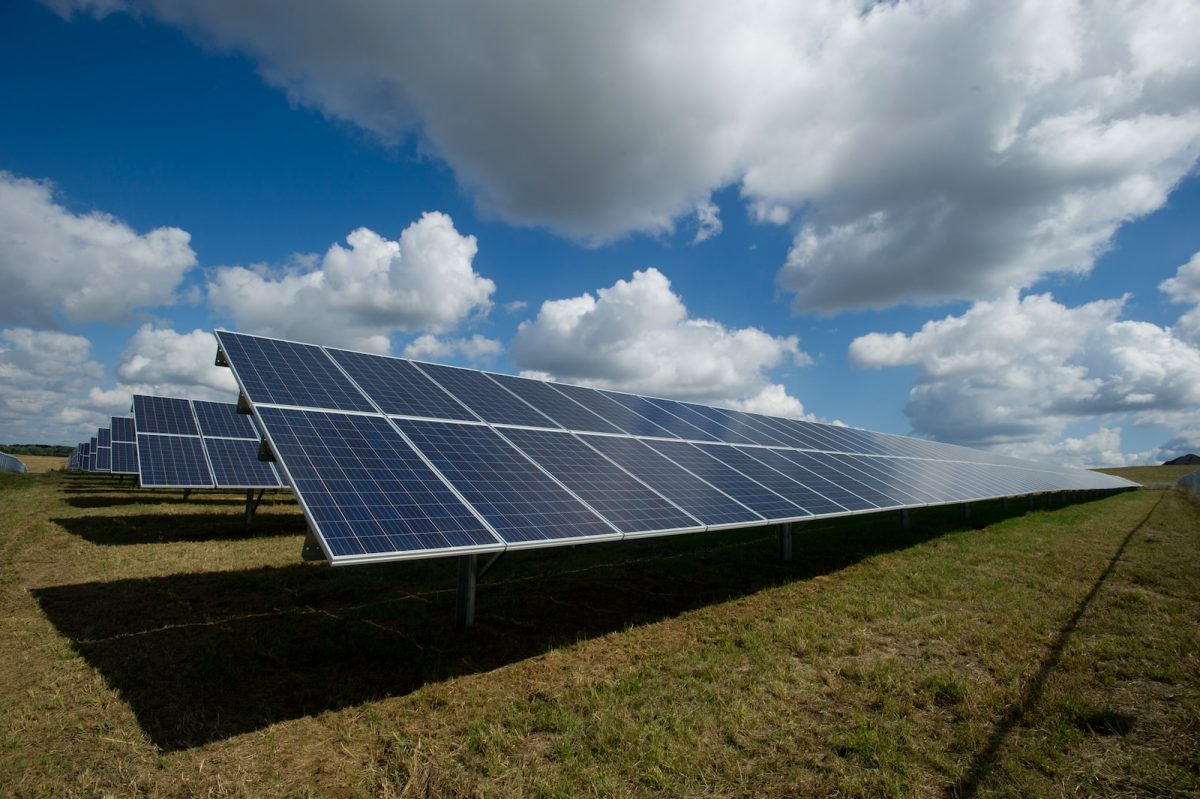The use of solar energy in France is booming. This form of renewable energy is very popular today, as it offers many economic and environmental benefits. In this article we will explain the benefits of solar energy, its environmental impact and its practical applications.
The advantages of solar energy
Solar energy has many benefits, including lower costs and energy savings.
Reduced costs
The first advantage of solar energy is the cost of electricity. Solar panels are relatively expensive to purchase, but the energy they produce is free and does not require additional fuel. Additionally, there is no cost for installation and maintenance, making solar energy very cost-effective in the long run.
Energy savings
Installing solar panels saves energy and reduces electricity bills. Owners can also sell the energy they produce to third parties, which can increase their revenue.
In addition, the use of solar energy reduces the consumption of fossil energy, which helps reduce greenhouse gas emissions and contributes to the fight against climate change.
Environmental impact
Using solar energy is an effective way to protect the environment. Indeed, this form of renewable energy has many benefits for the planet.
Reduced carbon emissions
Using solar energy helps reduce emissions of carbon dioxide and other greenhouse gases. This contributes to the fight against climate change and the protection of the environment.
Clean energy production
In addition to reducing carbon emissions, solar energy is a clean and inexhaustible source of energy. It does not emit harmful chemicals or use fossil fuels requiring extraction.
Applications of solar energy
Solar energy can be used in a variety of ways, including generating electricity, heat and motion.
The solar panels
Solar panels are the most common application of solar energy. They are installed on the roofs of houses and buildings to produce electricity. Solar panels are made up of photovoltaic cells that convert the sun’s energy into electricity.
Photovoltaic systems
Photovoltaic systems are another way to use solar energy. They are installed on larger structures and can produce a significant amount of electricity. These systems are used to power entire buildings and even entire neighborhoods.
In conclusion, there are many economic and environmental benefits to using solar energy. It helps reduce electricity bills and carbon emissions, and can be used in many applications, including solar panels and photovoltaic systems. Thanks to solar energy, we can contribute to the fight against climate change and the protection of the environment.
Resources :
- What is solar energy? By EDF
- Solar Energy Guide S2Solaire.com
- Government website: https://www.ecologie.gouv.fr/solaire
- Solar energy explained by Futura Science: https://www.futura-sciences.com/planete/definitions/energie-renouvelable-energie-solaire-6679/
- How does photovoltaic energy work? By Futura Science
- Photovoltaic solar energy explained by QUEBEC HYDRO: https://www.hydroquebec.com/solaire/







